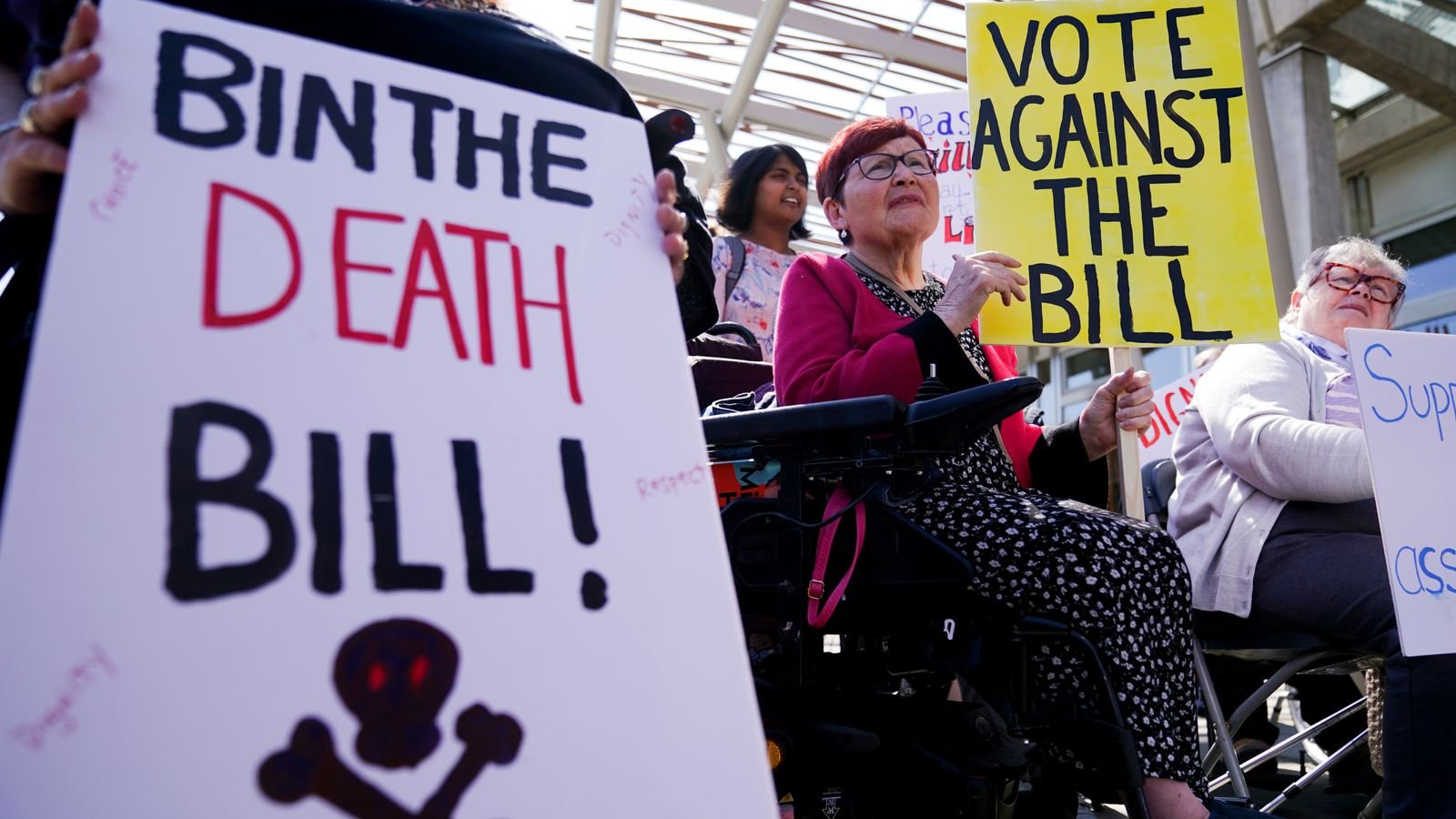More than 1,000 doctors have written to MPs urging them to vote against the assisted dying bill, calling it a «real threat to both patients and the medical workforce». The bill, which is due to be voted on by MPs for a final time on 20 June, would allow terminally ill patients from England and Wales to end their lives «on their own terms», providing they have a life expectancy of six months or less.
A separate bill is currently passing through the Scottish parliament. But doctors from across the NHS have written to MPs, warning them of their «serious concerns». Notable signatories include Sir John Burn, a geneticist who has led decades of cancer research, Sir Shakeel Qureshi, who was knighted for his work in pediatric cardiology, Professor Aileen Keel, the former deputy chief medical officer for Scotland, and Baroness Finlay, a Welsh doctor, professor of palliative medicine, and member of the House of Lords. The letter is signed by four doctors who hold OBEs, two who have MBEs, and one CBE.
The letter emphasizes the need for a debate on end-of-life care but argues that «this bill is not the answer.» It raises concerns that not enough evidence has been heard from doctors, people with disabilities, and other marginalized groups. The letter warns that the bill will widen inequalities, lacks adequate safeguards, and is deemed unsafe, describing it as a «deeply flawed bill.»
One of the areas of concern raised by the medics is the inability to properly identify patients at risk of coercive control. The letter highlights the risk of coercion faced by vulnerable patients, particularly women, victims of domestic abuse, and the elderly. It also warns that the bill could widen social inequalities, with those lacking resources for a comfortable death being more likely to opt for assisted dying.
Data from the Annual Report of Dying With Dignity from Oregon in 2024 revealed that 9.3% of individuals who choose assisted deaths do so for financial reasons. Concerns have also been raised about the inaccuracies of medical prognosis, with research showing that doctors get prognosis wrong around 40% of the time. This raises the possibility of patients choosing an assisted death and missing out on potential happy and fulfilling months or years of life.
The letter also addresses the potential impact on the medical workforce, citing evidence from the Netherlands where doctors feel pressured when dealing with patient requests for assisted deaths. This pressure may lead doctors to be involved despite it being against their principles, simply because they want to help their patients.
The bill is also criticized for being a risk to families, as it does not require doctors to speak with family members. The letter points out that a close relative may only find out about a loved one’s decision to end their life when contacted to arrange collection of the body, with no mechanism for family members to raise concerns about the request.
SOURCE

